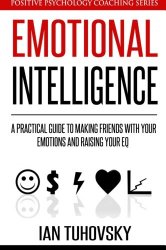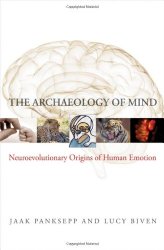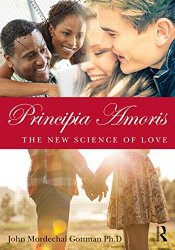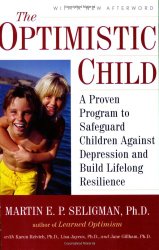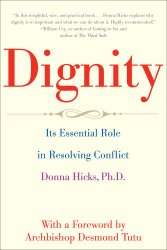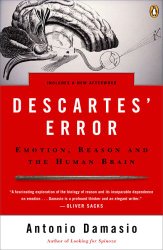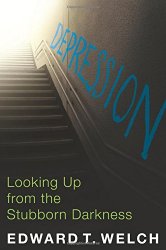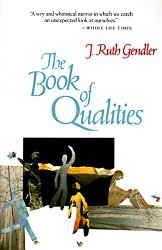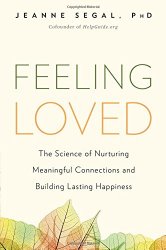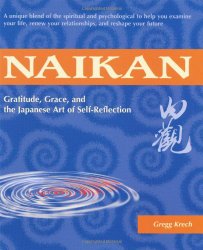Do you believe your life would be healthier, happier and even better, if you had more practical strategies to regulate your own emotions? Most people agree with that. Or, more importantly: do you believe you’d be healthier and happier if everyone who you live with had the strategies to regulate their emotions? …right? …
Emotional Mental Health
A look at the seven emotional systems of the brain by the researcher who discovered them.What makes us happy? What makes us sad? How do we come to feel a sense of enthusiasm? What fills us with lust, anger, fear, or tenderness? Traditional behavioral and cognitive neuroscience have yet to provide satisfactory answers. The Archaeology of Mind presents …
Stereotypically, science and emotion are diametric opposites: one is cold and unfeeling, the other soft and nebulous; one is based on proven facts while the other is based on inexplicable feelings and “never the twain shall meet,” until now.John Gottman delves into the unquantifiable realm of love, armed with science and logic, and emerges with the knowledge that …
In The Optimistic Child, Dr. Martin E. P. Seligman offers parents, teachers, and coaches a well-validated program to prevent depression in children. In a thirty-year study, Seligman and his colleagues discovered the link between pessimism — dwelling on the most catastrophic cause of any setback — and depression. Seligman shows adults how to teach children the skills of …
The desire for dignity is universal and powerful. It is a motivating force behind all human interaction – in families, in communities, in the business world, and in relationships at the international level. When dignity is violated, the response is likely to involve aggression, even violence, hatred, and vengeance. On the other hand, when people treat one another …
Since Descartes famously proclaimed, “I think, therefore I am,” science has often overlooked emotions as the source of a person’s true being. Even modern neuroscience has tended, until recently, to concentrate on the cognitive aspects of brain function, disregarding emotions. This attitude began to change with the publication of Descartes’ Error in 1995. Antonio Damasio—”one of the world’s …
Where Is God in the Struggle? Looking away from despair towards hope can feel risky. What if God doesn’t come through for you? What if you don’t feel instantly better? Instead of offering simple platitudes or unrealistic “cure-all” formulas, Edward T. Welch addresses the complex nature of depression with compassion and insight, applying the rich treasures …
From Beauty to Compassion, from Pleasure to Terror, from Resignation to Joy — here is an insightful exploration of the rich diversity of human qualities. J. Ruth Gendler’s evocative book has as its cast of familiar characters our own emotions, brought to life with a poet’s wisdom and an artist’s perceptive eye. In The Book of Qualities’ magical …
Feeling Loved: The Science of Nurturing Meaningful Connections and Building Lasting Happiness
If you feel that something is missing in your pursuit of nurturing relationships and lasting happiness, you are right. And you are not alone. Many of us feel tense and disconnected because we are lacking the most crucial component of emotional wellbeing: the experience of feeling loved.A wealth of psychological and neurological research is now confirming the link …
Naikan: Gratitude, Grace, and the Japanese Art of Self-Reflection
Drawing on Eastern tradition, Naikan (“nye-kahn”) is a structured method for intensely meditating on our lives, our interconnections, our missteps. Through Naikan we develop a natural and profound sense of gratitude for blessings bestowed on us by others, blessings that were always there but went unnoticed. This collection of introductory essays, parables, and inspirations explains what Naikan is …
